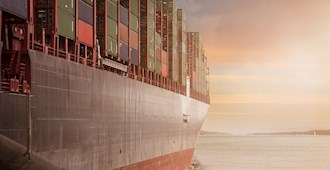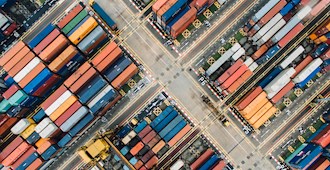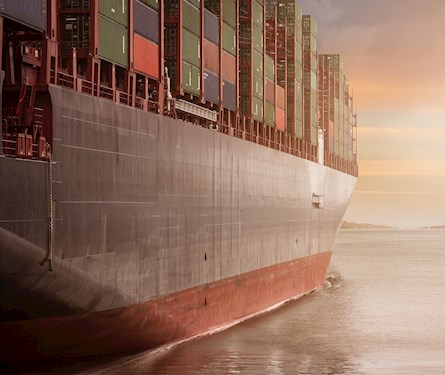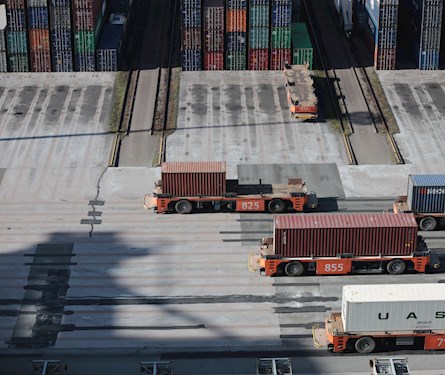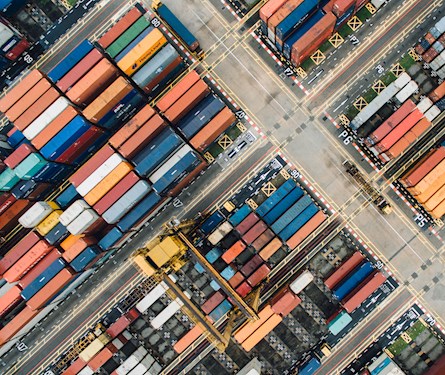Freight Forwarding
Enjoy freight forwarding benefits with The World Logistics Passport. Working with a network of partners and freight forwarding companies worldwide, the WLP membership enables access to premium trading collaborations that will enhance and improve processes for freight forwarders.
What is freight forwarding?
Freight forwarding is a term given to arranging for goods to get from point A to point B, on behalf of an importer or exporter. A freight forwarder takes the stress out of international shipping.
What Does a Freight Forwarder Do?
A freight forwarder takes the stress out of international shipping. There’s a lot that goes on behind the scenes that they can assist with – including preparing paperwork, coordinating with customs authorities and booking the truck, train, ship or aircraft that the goods travel on.
How does freight forwarding work?
Freight forwarders navigate the worldwide movement of cargo on behalf of their clients. Their role would include handling the admin that comes with transporting cargo, and would use their contacts and connections to subcontracting any specific tasks to be done. By using freight forwarding services, you can also avoid any unforeseen costs that can sometimes arise with international shipping.
What is a freight forwarder responsible for?
A freight forwarder makes the whole import/export process as simple as possible from end-to-end. There’s usually a lot of third parties involved at both the point of origin and delivery, but if a business is using a freight forwarder, it means they only have one point of contact throughout the process. Plus, they have peace of mind that all arrangements have been made for the paperwork, negotiations and bookings.
How does freight forwarding fit within the logistics sector?
Logistics and freight forwarding go hand-in-hand to ensure seamless international shipping. Freight forwarders are specialists in the logistics sector – though they do not physically move any goods themselves. Instead, a reliable individual or agency will utilise their networks and know-how to arrange for seamless international shopping.
What’s the difference between a freight forwarder and a customs broker?
A freight forwarder facilitates the whole process when it comes to the worldwide movement of cargo – in most cases, they will deal with customs clearances as part of the service they provide. On the other hand, customs brokers typically only deal with one part of the process – customs clearances at the point of delivery (e.g., the port or airport of import).
Do freight forwarders use customs brokers?
Yes – while in in most cases, freight forwarding companies will deal with customs clearances as part of the service they provide. They’ll either do it themselves, or subcontract it to a customs broker.
What do freight forwarders charge?
There’s no set charge for using a freight forwarder. Most will provide itemized quotes and contracts which cover the costs of international shipping, as well as the fees for their services.
Do freight forwarders own ships?
No, freight forwarders do not typically own their own modes of cargo transport.
Learn more about freight forwarding with the World Logistics Passport
The World Logistics Passport (WLP) uses its expertise to support businesses and help streamline the freight forwarding process. Members can expect instant access to a range of trade benefits and membership advantages, such as reduced costs, improved trading routes, and many more. The WLP has created an exclusive community for freight forwarders and traders to establish connections and strengthen partnerships worldwide; read more information on how you can become a member and start earning rewards today!
Discover more about the World Logistics Passport and the campaign to revolutionise logistics and freight forwarding processes to enhance the global movement of goods and services.



